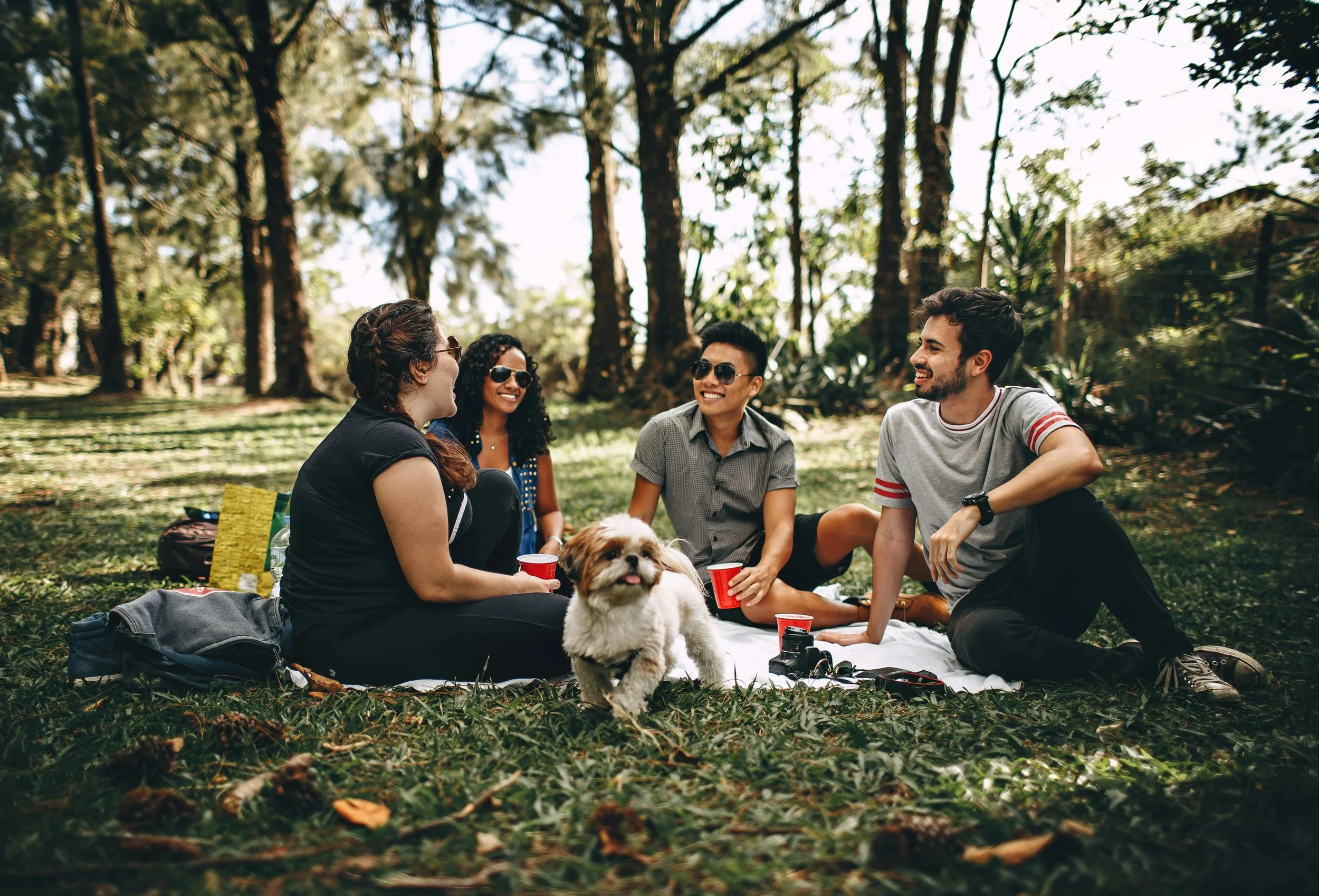How to Make Friends as an Adult: Overcoming Social Anxiety and Loneliness
Have you ever thought, Why is making friends as an adult so hard? You’re not alone. When we were kids, friendships happened naturally—on the playground, in class, through after-school activities. But as adults, we don’t have built-in spaces that make meeting people easy. Instead, life gets busy, schedules are packed, and social anxiety can creep in, making it feel even harder to put yourself out there.
If you’ve been feeling lonely or unsure of how to connect with new people, don’t worry—friendship is still possible at any stage of life. It just takes a little intention and courage.
Why Is It So Hard to Make Friends as an Adult?
Friendships often form through proximity—going to school together, working in the same office, or living in the same dorm. But as adults, we don’t always have these natural opportunities. Add in remote work, social media distractions, and the fear of rejection, and it’s easy to see why so many people feel isolated.
On top of that, social anxiety can make it even harder. Thoughts like What if they don’t like me? What if I say something awkward? can hold you back from reaching out or taking social risks. But the truth is, many people feel the same way and are also looking for connection—they just don’t know how to start.
How to Build Meaningful Friendships as an Adult
If making friends feels overwhelming, start small. Connection doesn’t have to happen overnight, and building deep friendships takes time. Here’s how you can start:
1. Shift Your Mindset: You're Not "Too Late"
Many people think, If I don’t already have a close friend group, I never will. That’s not true. Friendships can form at any age, and plenty of people are open to making new connections—you just have to put yourself in situations where it can happen.
2. Put Yourself in the Right Places
Friendships grow through regular, low-pressure interactions. Try:
● Hobbies and classes – Join a book club, fitness class, or art workshop.
● Meetup groups – Look for local gatherings based on your interests.
● Volunteering – Giving back can help you connect with like-minded people.
● Coworking spaces – If you work remotely, working alongside others can create natural friendships.
3. Make the First Move (Yes, It’s Awkward—But Worth It!)
Making new friends means stepping out of your comfort zone. If you click with someone, don’t wait for them to reach out—be the one to initiate. Something as simple as, Hey, I had a great time talking today. Want to grab coffee next week? can open the door to a new friendship.
4. Nurture Friendships Like You Would Any Other Relationship
Friendships take effort. Send a text, check in, and show up for the people you want to connect with. The more consistent you are, the stronger the bond becomes.
5. Don’t Let Social Anxiety Hold You Back
If social anxiety makes reaching out feel impossible, start small. Try:
● Practicing conversations in low-stakes situations (like chatting with a barista).
● Reminding yourself that most people are open to connection and appreciate kindness.
● Focusing on curiosity—ask questions and show interest in others instead of worrying about saying the “right” thing.
You’re Not Alone—And You Don’t Have to Do This Alone
If social anxiety or past experiences make it hard to build friendships, therapy can help. Through psychotherapy for young adults, you can work through self-doubt, build confidence, and learn tools to connect with others in an authentic way.
You deserve fulfilling friendships and a support system that makes life richer. If you’re ready to explore this further, reach out to schedule a consultation. You don’t have to navigate loneliness alone—meaningful connections are within reach.


